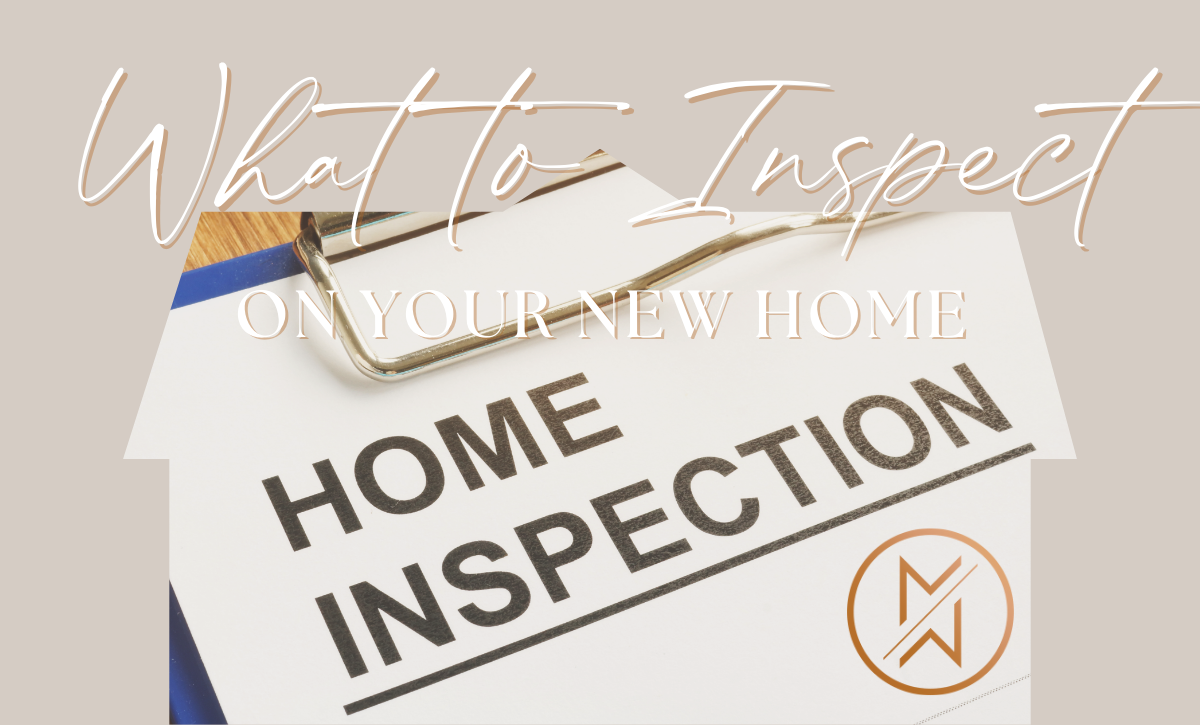When buying a home—especially on Vancouver Island where properties can range from rural acreages to oceanfront condos—it’s important to understand which inspections are recommended and when to bring in additional professionals.
At McPherson Walker Real Estate Group, we guide our buyers through this process every step of the way. We help you determine which inspections are relevant to your purchase and connect you with trusted local professionals who can get the job done efficiently and thoroughly.
Here’s a breakdown of the most common inspections—and a few additional ones worth considering depending on the property type.
Standard Inspections
Home Inspection (Recommended for All Purchases)
A general home inspection is the most common and important first step. This visual inspection covers all major systems—roof, electrical, plumbing, HVAC, insulation, foundation, and more—and will flag issues that may require further evaluation. It’s not invasive, but it offers a solid overview of the home’s current condition.
Strata Properties: Townhomes and Condos
For condos and townhouses, a home inspection can still provide valuable insight—especially into the unit’s electrical, plumbing, appliances, and ventilation systems. However, many of the major systems (roof, exterior, structure) are maintained by the strata and are not accessible to the inspector.
Because of this, a thorough document review becomes just as important as a physical inspection. We recommend carefully reviewing:
The depreciation report (if available)
Strata meeting minutes
Annual budgets and contingency reserve fund contributions
Insurance policies, special levies, and upcoming repair schedules
This due diligence helps you understand the financial health of the building and whether major expenses may be expected in the near future.
Property-Specific Inspections
Well Inspection (If Applicable)
For rural properties with private water systems, a well inspection checks flow rate, pump function, and water quality. A water potability test is usually included or recommended separately to confirm safe drinking water.
Septic Inspection (If Applicable)
Also common on rural properties, a septic inspection ensures the tank and drainage field are functioning properly. It may include a camera scope or visual inspection, and some buyers request tank pumping before purchase to confirm condition.
WETT Inspection (If Applicable)
If the home has a wood-burning stove, fireplace, or insert, a WETT (Wood Energy Technology Transfer) inspection is often requested by insurers. This inspection confirms whether the installation complies with safety standards and building codes.
Follow-Up or Targeted Inspections
If the general home inspection reveals potential issues, you may want to bring in specialized inspectors to assess further:
Attic or basement inspection – for suspected ventilation issues, mould, or insulation deficiencies.
Perimeter drain inspection – especially in older homes, to confirm proper drainage and prevent water ingress.
Pest or rodent inspection – if signs of pests (droppings, nesting materials, or damage) are noted.
Roof inspection – sometimes done separately for flat or older roofs that need closer assessment.
Optional Due Diligence
Some buyers choose to go further with additional inspections or investigations, depending on the property type and location:
Property survey – confirms legal boundaries, easements, and encroachments. Highly recommended if fences, sheds, or driveways are close to the lot line.
Slope stability or geotechnical reports – particularly important for homes on hillsides, waterfront bluffs, or properties with retaining walls or visible erosion.
Underground oil tank scan – relevant for older homes where oil tanks may have been buried and decommissioned.
Asbestos risk awareness – In British Columbia, homes built before 1991 may contain asbestos in materials such as drywall, drywall tape, ceiling texture, insulation, and vinyl flooring. While asbestos testing may be recommended prior to renovations, it is invasive and often not permitted before completion. Buyers should be aware of the risk and factor potential testing or remediation into their long-term plans.
We're Here to Help You Make Informed Choices
Not every home needs every inspection—but we’ll help you decide what’s appropriate based on the property, your goals, and your comfort level. We also help coordinate inspection bookings, review documentation, and walk you through the results so you’re never left guessing.
Need help figuring out which inspections or strata documents are relevant to your next home purchase? Reach out to the McPherson Walker team—we’re here to guide you with expert advice and trusted local connections.
Up next: Learn more about the most common issues we see on home inspections across Vancouver Island—and how to address them confidently.

Comments:
Post Your Comment: